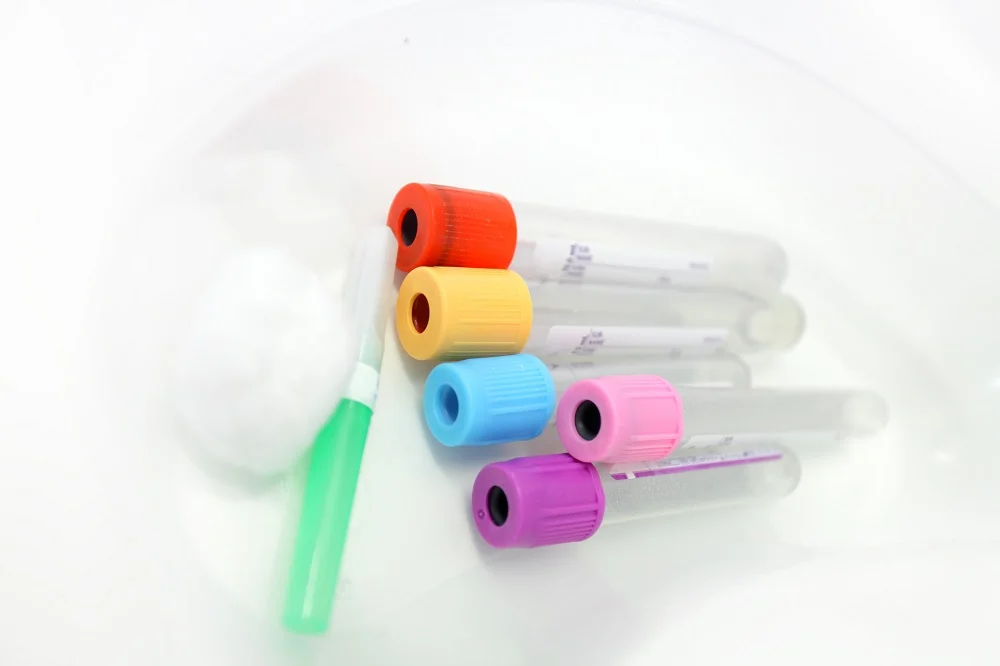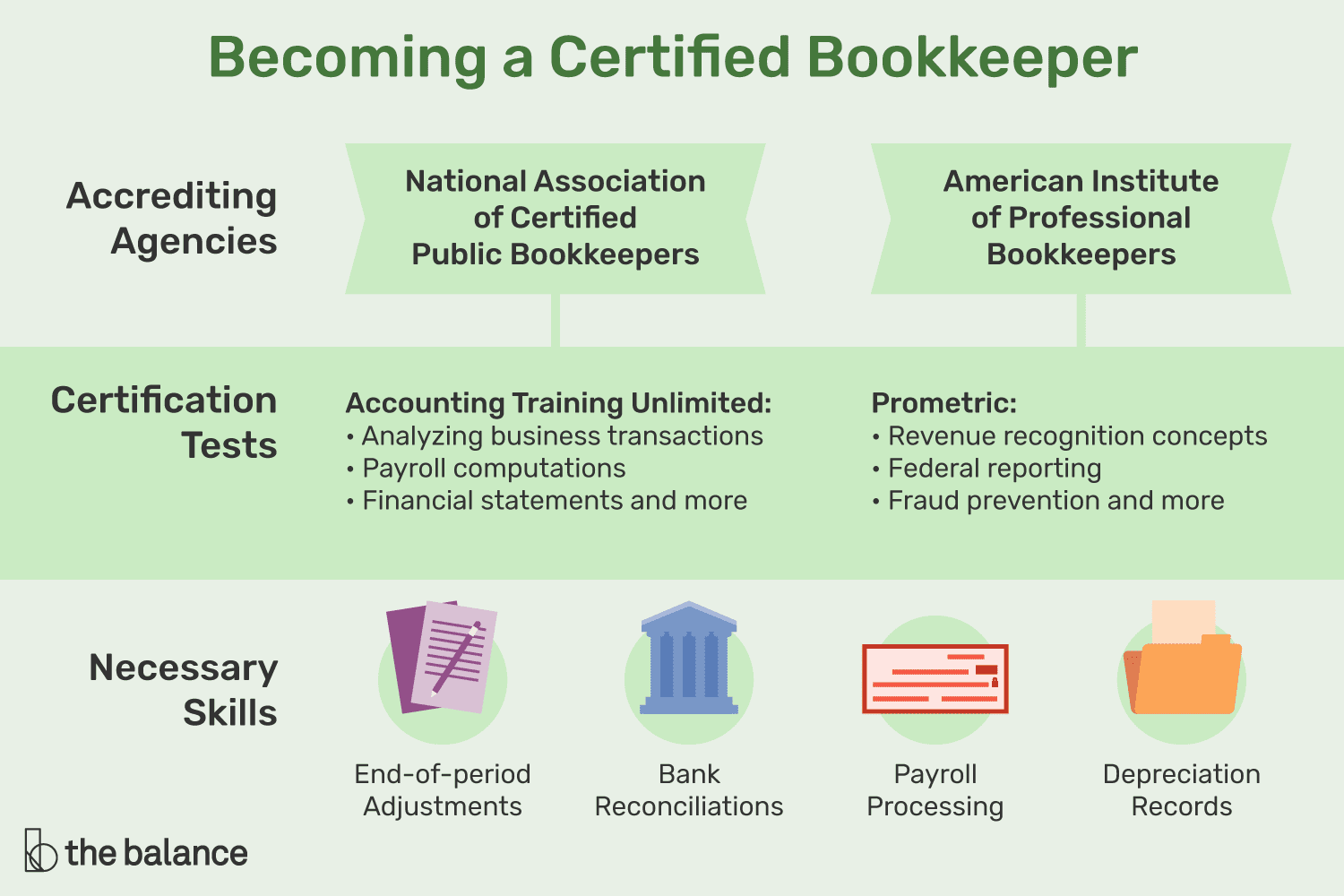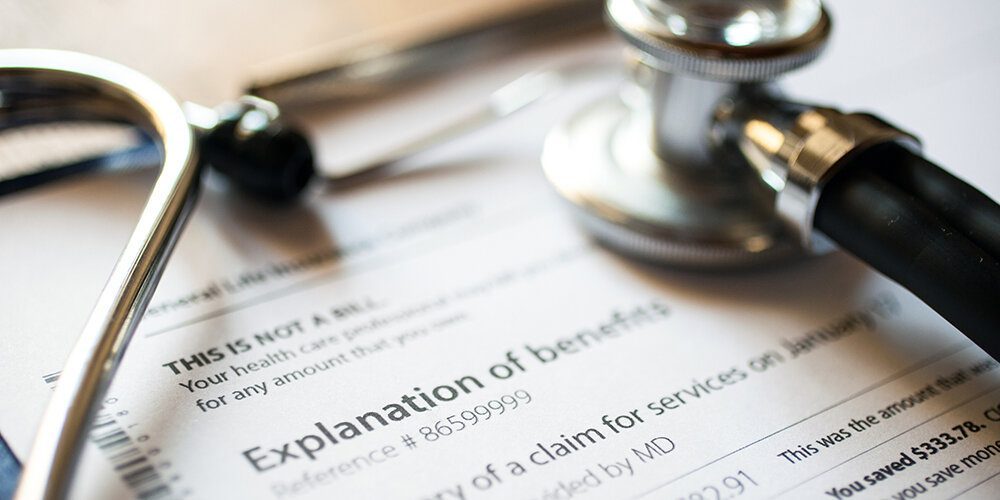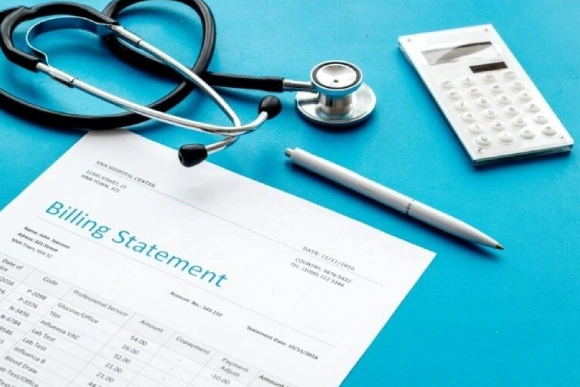What is the Compounding Process?
When a pharmacist prepares, mixes, assembles, packages and labels prescription drugs and/or medical devices prescribed by physicians to their patients, this is considered compounding a medication or appliance. Compounding is often necessary for several reasons, such as addressing patient allergies to dyes and preservatives by altering the strength of a prescription medication. By compounding medications with flavoring, pharmacists and technicians can also make it easier for patients to consume unpalatable liquid medications and improve patient compliance to dosage directions.
Compounding skills may also be necessary to accommodate filling of prescriptions that are not commercially available, drugs that are not economically practical for pharmaceutical companies to manufacture and for prescriptions that require a unique delivery process (such as medications contained in topical gels, lollipops or sublingual lozenges).
What is Aseptic Certification?
Using aseptic techniques during the compounding process prevents pharmacists and pharmacy technicians from spreading microorganisms and exposing patients to potentially harmful pathogens. Earning a certification in aseptic fundamentals includes instruction regarding all aspects of the compounding process, velocity testing, facility design, principles of basic microbiology and sanitization techniques. Other useful skills learned in an aseptic certification course include environmental monitoring, pathogen identification, product formulation and lyophilization (cryodesiccation of perishable materials).
Sterile Compounding Standards
USP 797 refers to “Pharmaceutical Compounding – Sterile Preparations,” the first assemblage of enforceable SCS (sterile compounding standards) found in the USP (U.S. Pharmacopeia) National Formulary. Pharmacists and associated technicians are expected to abide by the guidelines, compliance requirements and procedures encompassing the compounding of sterile preparations as presented in USP 797. In addition, these standards are expected to be upheld in settings involving sterile compounding.
Recommended for you
-
Pharmacy Technician Training Program
Our 100% online accelerated Pharmacy Technician Training program makes it possible for you to train for a new career in as little as 25 weeks!
Sterile Compounding and Aseptic Quality Control
Certification in these speciality areas also involves learning and mastering quality control measures to further guarantee the safety of patients receiving pharmaceuticals. Examples of quality control instruction include:
- Monitoring of daily humidity and temperature (in labs where applicable)
- Bi-weekly autoclave inspection and validaton
- Daily assessment of analytical balances
- Independent validation of raw materials
- Sterility evaluation of all aseptic products
- Continual endotoxin testing programs
- Scheduled inspection and assessment of sterile environments
- Repeated cleanings of compounding areas
- Reviews of procedures/policies regarding aseptic events
Maintaining Certification in Sterile Compounding and Aseptic Techniques
Pharmacists and pharmacy technicians do not need to engage in continuing eduation programs to maintain this certification. However, it should be noted that pharmacy board guidelines differ from state to state and may have established CE requirements associated with IV certification. Pharmacists should also be aware that sterile compounding and aseptic techniques are constantly changing and certification requirements that were valid one or two years ago may no longer be applicable. Referring to a state’s pharmacy board as well as to up-to-date procedure manuals is strongly recommended to determine whether changes have been made concerning requirements for earning and maintaining a sterile compounding and aseptic certification.














